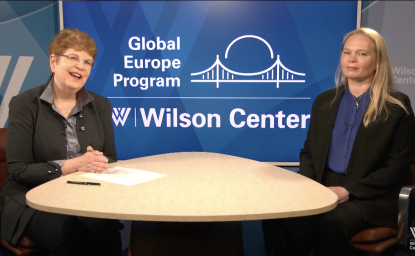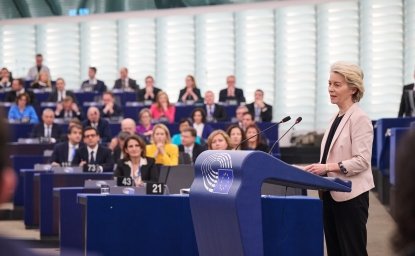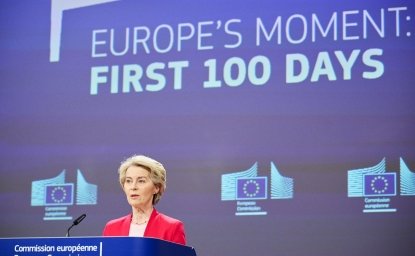Transatlantic Relations Under the New European Commission

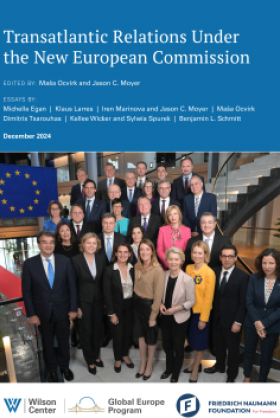
In 2024, both the United States and the European Union are changing their leadership. Following the European Parliament elections and re-election of Ursula von der Leyen as the Commission President, the new European Commission was confirmed on November 27, 2024. With the pledges that this new Commission will be more geopolitical than ever, it is important to understand what the priorities of the new Commission mean for the future of the transatlantic relations. The Wilson Center’s Global Europe Program and The Friedrich Naumann Foundation are pleased to present findings from a new joint report analyzing the priorities of the new European Commission and their implications for the next presidential administration.
Related Event
Authors

Professor and Jean Monnet Chair ad personam, School of International Service, American University
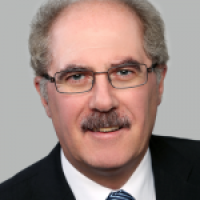
Richard M Krasno Distinguished Professor in History & International Affairs at the University of North Carolina at Chapel Hill

Postdoctoral Fellow, Johns Hopkins School of Advanced International Studies
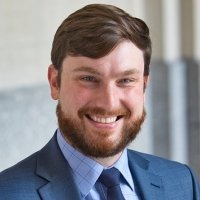

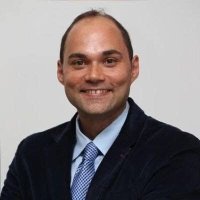
Professor of International Relations; Head, EU Projects and Partnerships at the Center for EU and Transatlantic Studies (CEUTS), Virginia Tech; Adjunct Professor, Georgetown University; Jean Monnet Chair in European Politics
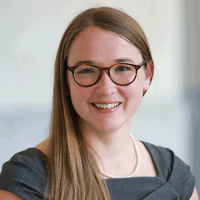
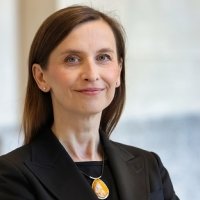
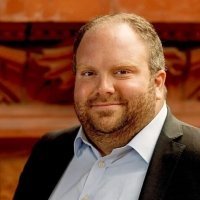

Global Europe Program
The Global Europe Program is focused on Europe’s capabilities, and how it engages on critical global issues. We investigate European approaches to critical global issues. We examine Europe’s relations with Russia and Eurasia, China and the Indo-Pacific, the Middle East and Africa. Our initiatives include “Ukraine in Europe”—an examination of what it will take to make Ukraine’s European future a reality. But we also examine the role of NATO, the European Union and the OSCE, Europe’s energy security, transatlantic trade disputes, and challenges to democracy. The Global Europe Program’s staff, scholars-in-residence, and Global Fellows participate in seminars, policy study groups, and international conferences to provide analytical recommendations to policy makers and the media. Read more

Explore More
Browse Insights & Analysis
The Growing Transatlantic “Big Tech” Rift Explained
